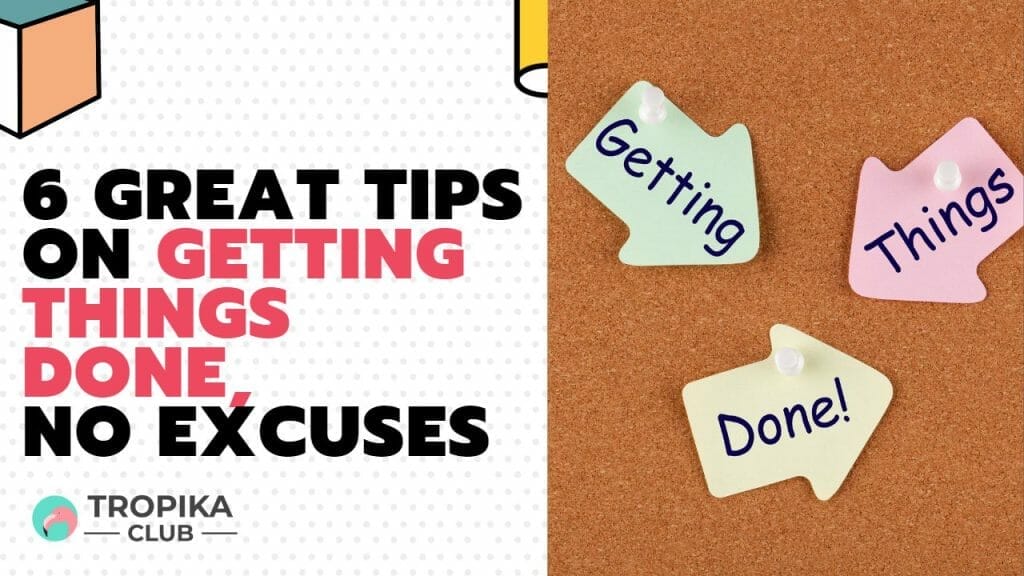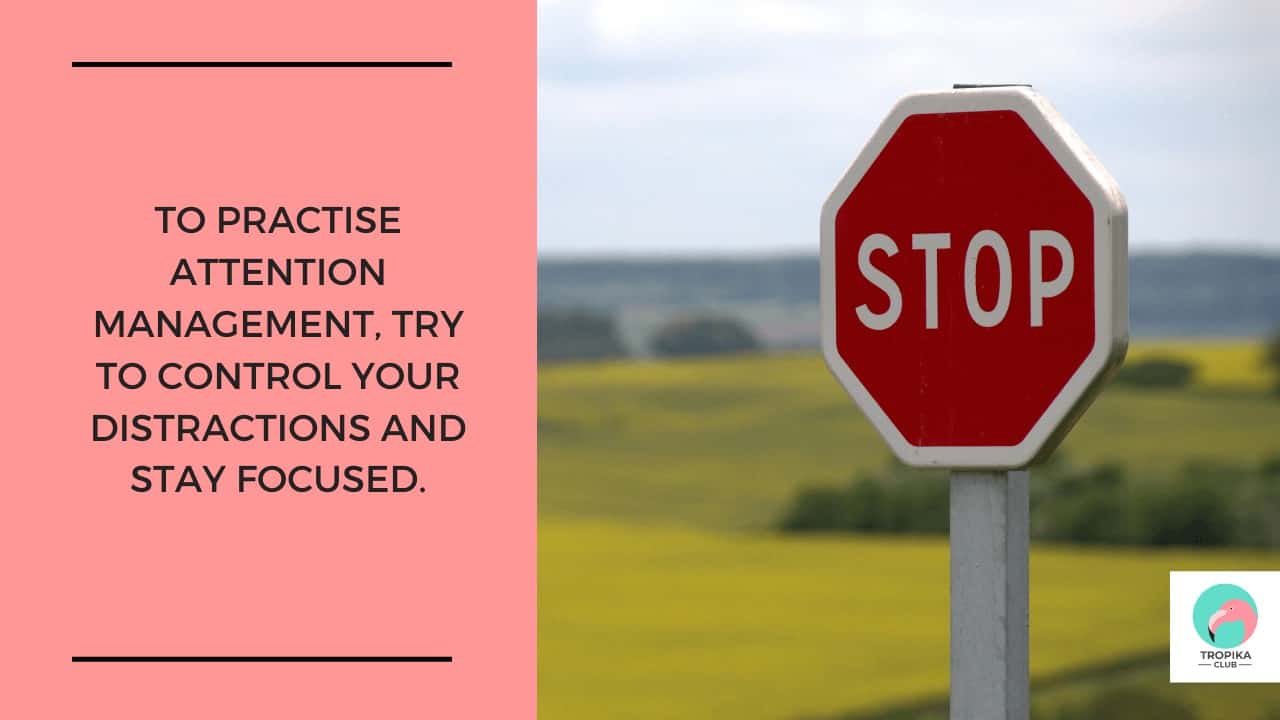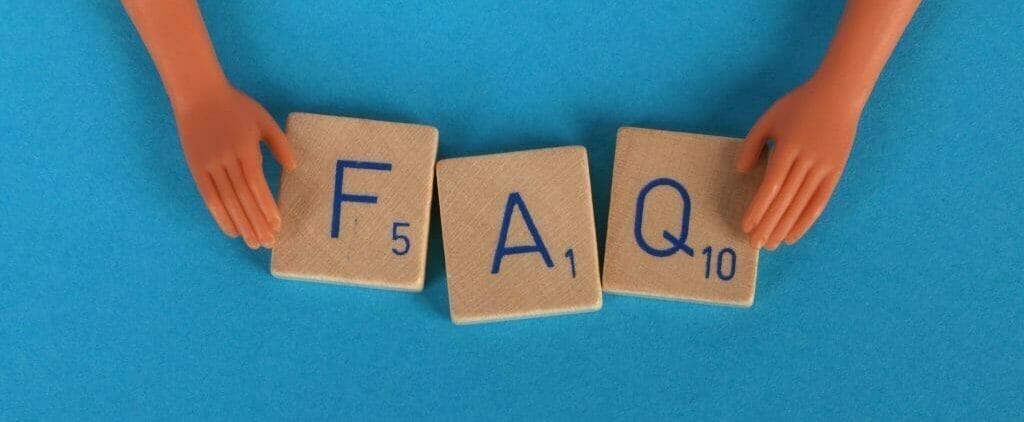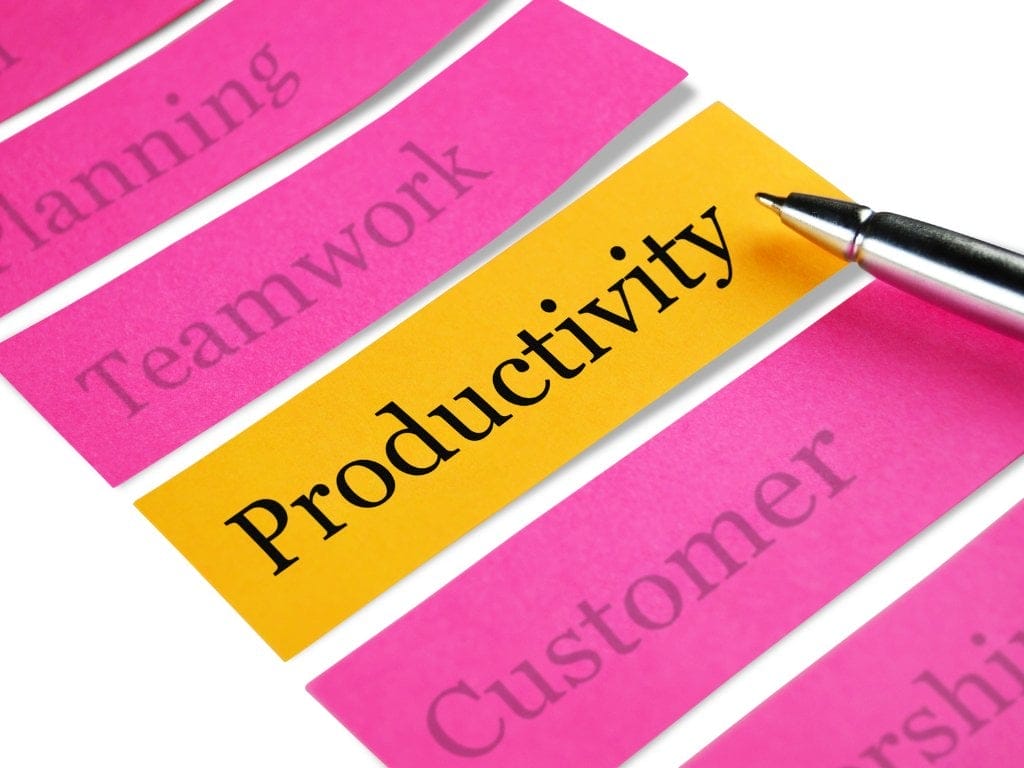6 Great Tips on Getting Things Done, No Excuses
Are you tired of constantly procrastinating and putting off tasks? Do you find yourself making excuses and struggling to get things done? It’s time to change that mindset and start taking action. In this article, we will provide six great tips on how to get things done without any excuses. By implementing these strategies, you can overcome procrastination and become more productive. From creating a daily to-do list to breaking tasks into smaller, manageable steps, these tips are designed to help you stay motivated and accomplish your goals. So let’s dive in and start taking action today!

Table of Contents
- No Time to Read? Here’s a Snappy Summary of This Article
- 1. Do Not Procrastinate
- 2. Do it When You are Truly Ready
- 3. Focus on Attention Management
- 4. Learn to do Deep Work
- 5. Avoid Modern Distractions
- 6. Turn Your Values into Time: How to Prioritize What Matters Most
- Conclusion
- FAQ FOR 6 GREAT TIPS ON GETTING THINGS DONE, NO EXCUSES
- Meanwhile, Check Out Tropika Club’s Ecosystem of Websites
No Time to Read? Here’s a Snappy Summary of This Article
- Procrastination is doing something against your better judgement and feeling guilty about it. To overcome it, do the essential tasks immediately.
- Precrastination is doing something before the time is right and feeling stressed about it. To avoid it, wait for the right moment to do the tasks.
- Attention management is the ability to consciously direct your attention in any given moment and be more proactive than reactive. To practice it, use tools and techniques to eliminate distractions and prioritize your tasks.
- Deep work is the ability to focus on a cognitively demanding task without interruption and produce high-quality results. To master it, create a routine and environment that supports deep work and set clear goals and expectations.
1. Do Not Procrastinate
Procrastination typically means putting off until a later time or date. However, it is more than just voluntarily delaying your task or work. Procrastination is also derived from the ancient Greek word “Akrasia”, which is the doing of something against our better judgement. This self-awareness is a critical factor of why delaying or procrastinating things makes us feel inadequate and guilty. When we postpone and delay our tasks, we are not only feeling that we are avoiding something that we are compelled to do, but we are wrong and bad by not doing it now. While procrastination is irrational and comes with negative consequences, we do it anyway. The way around it? Do it now. Do a quick mental check to see if the task on hand is essential. If it is, do it immediately.

2. Do it When You are Truly Ready
Besides procrastination. There is also another term called prescrastination. Precrastination is the act of trying to do something before the time is right to do it. Simply translated, it’s also called “jumping the gun”. It’s almost like interrupting someone in the middle of their speech because you are afraid that you will forget what you want to say. However, doing things too early, way before the time is ripe, is not necessarily a good start of the journey. It is better to wait for the right moment to get things done. Hence, if you think you are precrastinating, pause and set aside another better time to do the task at hand.
Precrastination is the tendency to work on tasks at the earliest opportunity—even if it means more work or comes with extra costs. It can be a serious problem because it often leads to excessive levels of stress and fatigue and is usually not the most efficient or productive way to approach most forms of work.
3. Focus on Attention Management
Attention management is the practice of controlling your focus and avoiding distractions to achieve your goals. It involves the ability to focus on what is important and avoid being distracted by things that are not. In today’s digital world, attention management has become increasingly important as we are constantly bombarded with notifications, emails, and other distractions.
Why is Attention Management Important?
Attention management is important for several reasons, including:
- Increased productivity: By focusing on what is important and avoiding distractions, you can get more done in less time.
- Improved focus: Attention management helps you stay focused on the task at hand, which can improve the quality of your work.
- Reduced stress: Constant distractions can lead to stress and burnout. Attention management can help reduce stress levels by allowing you to control your focus and avoid unnecessary distractions.
- Improved decision-making: When you are able to focus and avoid distractions, you are more likely to make better decisions.
Tips for Effective Attention Management
Here are some tips for effective attention management:
- Prioritize your tasks: Make a list of the most important tasks you need to accomplish each day and prioritize them based on their importance.
- Use time-blocking: Block off specific periods of time for specific tasks to help you stay focused and avoid distractions.
- Avoid multitasking: Multitasking can lead to decreased productivity and increased stress levels. Focus on one task at a time to get more done in less time.
- Minimize distractions: Turn off notifications, close unnecessary tabs on your computer, and remove other distractions from your workspace.
- Take breaks: Taking short breaks can help you recharge and refocus, making you more productive in the long run.

4. Learn to do Deep Work
What is Deep Work? Deep work is the ability to focus without distraction on a cognitively demanding task. It’s a skill that allows you to quickly master complicated information and produce better results in less time. Deep work will make you better at what you do and provide the sense of true fulfilment that comes from craftsmanship. In short, deep work is like a superpower in our increasingly competitive twenty-first century economy. And yet, most people have lost the ability to go deep—spending their days instead in a frantic blur of email and social media, not even realising there’s a better way. To focus on deep work, try to give yourself a strict period of time to spend working. This limits burnout, work creep, and keeps you focused and urgent on your work.
5. Avoid Modern Distractions
Making ourselves inaccessible from time to time is essential to boosting our focus. A 2017 survey from the American Psychological Association found that being always and permanently reachable on an electronic device — checking work emails on your day off; continuously cycling through social media feeds; responding to text messages at all hours — is associated with higher stress levels. Any action, such as working on a big project, getting enough sleep or physical exercise, eating healthy food, taking time to meditate or pray, or spending time with loved ones, are all forms of traction. Traction is any action you do with intent. It’s doing what you say you will do.

6. Turn Your Values into Time: How to Prioritize What Matters Most
We all have things that are important to us, such as spending time with loved ones, pursuing our passions, or giving back to our communities. However, it can be challenging to make time for these things amidst the demands of work, school, and other responsibilities. Here are some tips for turning your values into time and prioritizing what matters most:
1. Identify Your Values
To turn your values into time, you first need to identify what’s most important to you. Here are some questions to ask yourself:
- What brings me the most joy and fulfillment in life?
- What do I want to accomplish in the short-term and long-term?
- What do I want to be remembered for?
Once you’ve identified your values, you can start to prioritize your time accordingly.
2. Create a Schedule Based on Your Values
Once you’ve identified your values, you can create a schedule that reflects those values. Here are some tips for creating a values-based schedule:
- Schedule your values first: Block off time for the things that are most important to you, such as spending time with loved ones or pursuing your passions.
- Be realistic: Make sure your schedule is realistic and achievable, so you don’t get discouraged.
- Use time blocking: Schedule specific times during the day for tasks, and stick to that schedule as much as possible.
- Learn to say no: Don’t be afraid to say no to commitments that don’t align with your values.
3. Practice Self-Care
Finally, it’s essential to take care of yourself so that you can show up fully for the things that matter most to you. Here are some self-care practices you can incorporate into your routine:
- Get enough sleep: Make sure you’re getting enough rest so that you have the energy to focus on your values.
- Exercise regularly: Exercise can help reduce stress and increase energy levels.
- Practice mindfulness: Take a few minutes each day to practice mindfulness, whether that’s through meditation, deep breathing, or simply being present in the moment.
Conclusion
In conclusion, by implementing these six great tips on getting things done without excuses, you can overcome procrastination and increase your productivity. Remember to create a daily to-do list, break tasks into smaller, manageable steps, eliminate distractions, schedule breaks, focus on one task at a time, and reward yourself for your accomplishments. By adopting these strategies and making them a part of your daily routine, you can achieve your goals and take control of your time. Don’t let excuses hold you back any longer – start implementing these tips today and watch your productivity soar!

FAQ FOR 6 GREAT TIPS ON GETTING THINGS DONE, NO EXCUSES
Q: What is the difference between procrastination and precrastination?
A: Procrastination is the act of delaying tasks against your better judgement and feeling guilty about it. Precrastination is the act of doing tasks too early before the time is right and feeling stressed and fatigued about it.
Q: What is attention management and how can I improve it?
A: Attention management is the ability to consciously direct your attention in any given moment, to be more proactive than reactive, and to maintain control over your work. You can improve it by using techniques such as prioritizing, batching, and scheduling your tasks.
Q: What is deep work and how can I achieve it?
A: Deep work is the ability to focus on a cognitively demanding task without distractions and produce high-quality results. You can achieve it by creating a distraction-free environment, setting clear goals and rules, and allocating enough time for deep work sessions.
Q: How can I avoid modern distractions and stay focused?
A: You can avoid modern distractions by turning off notifications, blocking social media sites, using apps that limit your screen time, and setting boundaries with others. You can also use tools such as timers, music, or headphones to help you stay focused.
Q: How can I turn my values into time and align them with my goals?
A: You can turn your values into time by identifying what matters most to you and how you want to spend your life. Then, you can align them with your goals by setting SMART (Specific, Measurable, Achievable, Relevant, Time-bound) objectives that reflect your values and priorities.

Have an Article to Suggest?
Tropika Club is always looking for new and exciting content to feature in their magazine and they value the input of our readers. If you have any noteworthy content or articles that you believe would be a great addition to Tropika Club’s magazine, we are open to suggestions and encourage you to reach out to us via email at [email protected]. By doing so, Tropika Club values your expertise and knowledge in the matter and appreciates your willingness to help. We will review your recommendations and update our list accordingly
Meanwhile, Check Out Tropika Club’s Ecosystem of Websites

Tropika Club Magazine – Tropika Club Magazine is a Singapore-based publication that features articles on a wide range of topics with a focus on local businesses and content for the region. The magazine emphasizes supporting local businesses through its #SupportLocal initiative, which includes coverage of everything from neighborhood hawker stalls to aesthetic clinics in town. In addition to highlighting local businesses, Tropika Club Magazine also covers a variety of local content, including beauty, lifestyle, places, eats, and what’s on in Singapore and the Asia Pacific region.
Tropika Club Deals – Tropika Club Deals is a leading online deals and voucher shopping site in Singapore, offering amazing discounts on beauty, wellness, and fitness products and services. It’s the perfect platform for customers who want to discover the best deals without having to commit to a specific appointment date and time. These deals are available at major beauty stores, facial salons, hair salons, and other brands in Singapore, with no minimum spend required. Choose from guaranteed discounted deals in the categories of hairstyling, hair removal, facial & aesthetics, body slimming, brows & lashes, nails & makeup, massage & spa or fitness & wellness. Tropika Club Deals is also ideal for customers who want to buy vouchers as gifts or to use for the future. So whether you’re looking to save money on your next haircut or want to treat yourself to a relaxing massage, Tropika Club Deals has got you covered with the best voucher and coupon deals in Singapore!




